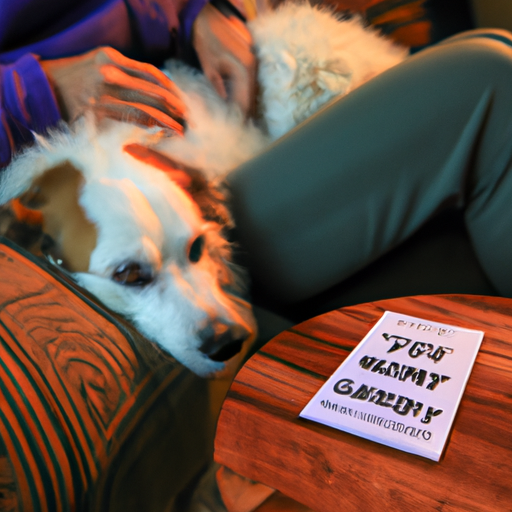1. Introduction
As a dedicated caregiver, you might often find yourself wondering about your dog’s behavior. One of the common questions that arise is: “Do dogs shake when in pain?” The answer is yes, they can. However, it’s not the only reason. Let’s explore this further.
2. Reasons Dogs Shake
Dogs shake for a variety of reasons. Some are benign while others may indicate underlying health issues. Let’s delve into these reasons:
- Cold: Just like you, dogs shiver when they’re cold.
- Excitement or Fear: Dogs often shake due to strong emotions.
- Pain or Illness: Shaking can indeed be a sign of discomfort or pain.
3. Understanding the Signs of Pain in Dogs
As a caregiver, it’s essential that you understand the signs of pain in your dog. Here are some common indicators:
- Excessive grooming: Dogs often lick wounded areas, and it may signify pain if they’re excessively grooming one area.
- Loss of appetite: A sudden change in eating habits can be a sign of discomfort.
| Sign | Explanation |
|---|---|
| Excessive grooming | Dogs often lick wounded areas. |
| Loss of appetite | A sudden change in eating habits can indicate discomfort. |
4. When to Seek Veterinary Help
It’s crucial to seek veterinary help if you notice these symptoms persisting or if your dog’s behavior significantly changes. Remember, you know your dog best.
5. How to Comfort Your Dog
While veterinary help is crucial, there are a few things that you can do to comfort your dog:
- Keep them warm: If they’re shaking due to cold, provide a warm blanket or move them to a warm location.
- Provide a safe space: If they’re scared, ensure they have a quiet, safe place to retreat.
FAQ
- Q: Can dogs shake due to excitement?
-
A: Yes, dogs can shake when they’re excited or scared.
-
Q: Is shaking always a sign of pain in dogs?
-
A: No, shaking can indicate various things, from being cold to being excited.
-
Q: What should I do if my dog won’t stop shaking?
- A: If your dog’s shaking is persistent or accompanied by other symptoms, it’s best to consult a vet.
Remember, as a caregiver, you play an important role in your dog’s well-being. So, keep an eye on their behavior, and don’t hesitate to seek professional help when needed.



